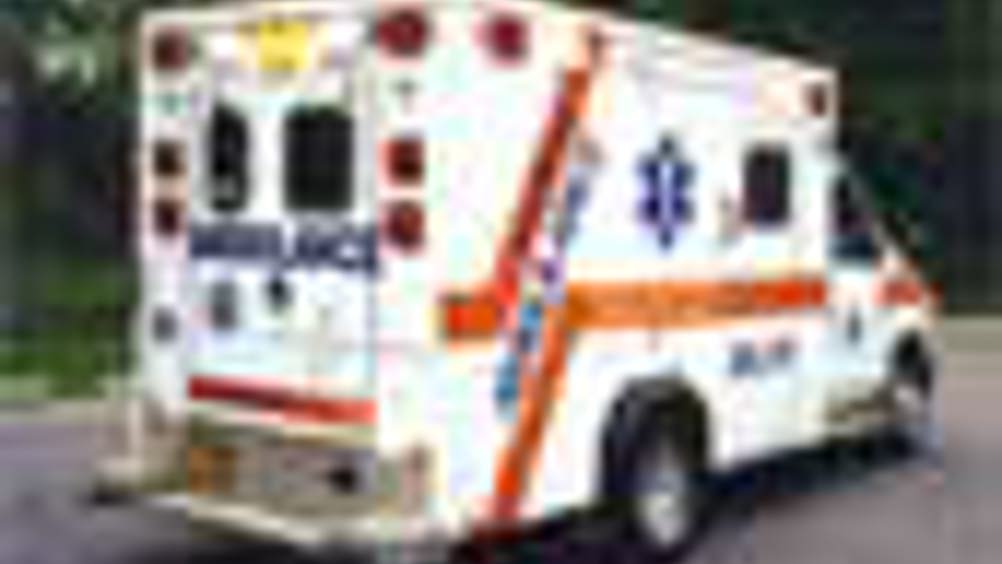Compact brain scanner

A University College London researcher is working on the development of a brain scanner that could revolutionise stroke care.
Ambulance crews would be able to make an immediate assessment of stroke patients using the portable scanner, which would be linked to an on-board computer using Bluetooth wireless technology. The advance would allow life-saving treatment to be given before the patient reaches hospital.
The availability of new clot-busting drugs means that some stroke patients who are treated within three hours of their attack can make a full recovery. However, since strokes may be caused by either a bleed or a blood clot within the brain, doctors need to be absolutely sure of the cause prior to treatment because in some instances administering a clot-busting drug could make the damage worse.
Currently, the best way to be certain is for the patient to have an MRI or CT scan - which takes valuable time at a point where every second counts in keeping brain damage to a minimum.
Register now to continue reading
Thanks for visiting The Engineer. You’ve now reached your monthly limit of premium content. Register for free to unlock unlimited access to all of our premium content, as well as the latest technology news, industry opinion and special reports.
Benefits of registering
-
In-depth insights and coverage of key emerging trends
-
Unrestricted access to special reports throughout the year
-
Daily technology news delivered straight to your inbox










BEAS funding available to help businesses cut energy costs
And not a moment too soon, if the following exchange broadcast last Friday 13th June, on the Radio 4 ´Rare Earth´ program (link below, ~ 17 minutes...